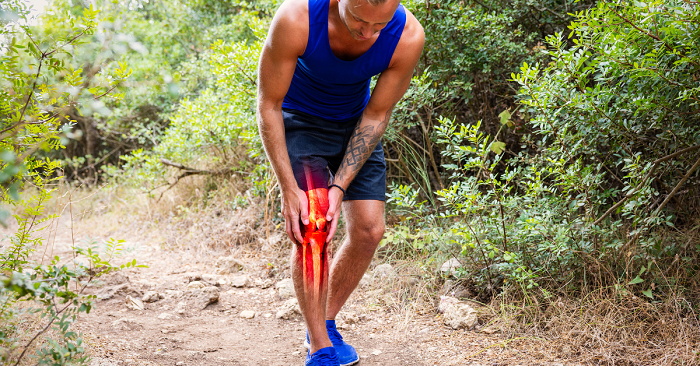
admin
19-11-2025
Knee pain is one of the most common joint conditions that leads to joint pain, from young athletes to older adults. Knee pain can be the result of overuse, injury, arthritis, or even the postural or lifestyle habits of you and the body. It can present as an ache, painful stiffness, or sharp pain with weight bearing. If not addressed, knee pain often gets worse and will severely impact your mobility and quality of life. The good news is that you do not have to live with this pain. With the appropriate treatment, lifestyle modification, and therapy interventions, you can reduce your knee pain quicly and replace it with healthy movement and flexibility back to your body.
Rest And Gentle Movement
While complete rest is often beneficial during the initial period of pain or injury, prolonged inactivity will often worsen stiffness and discomfort. Gentle movement such as range of motion and stretching, yoga, and gradual walking will begin to improve circulation and strengthen supporting musculature. Simple exercises like practicing leg raises, hamstring stretches, and quad sets can be extremely helpful.
Ayurvedic Remedies for Natural Healing
If you want comprehensive relief without side effects, Ayurveda has effective options for knee pain treatment. In particular, herbal oils such as Mahanarayan Taila or treatment options like Abhyanga, Janu Basti, or Pizhichil tend to penetrate deeply into the joints by reducing inflammation and improving mobility and function. Many patients are able to achieve the effects of long-lasting relief through Panchakarma as well.
Hot And Cold Therapy
Alternate heat and cold packs, which are an easy, low-cost home remedy for quick pain relief. Cold packs will decrease the swelling as well as numb sharp pain after any activity, while heat therapy is beneficial for improving flexibility and relaxing rigid muscles. Heat for cold packs for 15-20 minutes will decrease discomfort effectively.
Weight Management and Good Posture
Maintaining a good weight helps maintain the knees by not causing additional stress. A well-balanced diet containing calcium, omega-3, and vitamin D will keep your joints working optimally and diminish inflammation. In addition to good weight, good posture is also critical because bad posture increases pressure on the knees when sitting and standing.
When to Seek Expert Help
When knee pain doesn’t go away despite home care or starts interfering with daily activities, it’s time to seek help. A healthcare professional can help identify the root cause of your knee pain, and a good practitioner may offer more advanced therapies such as physiotherapy, acupuncture, or Ayurveda that focus on the cause, not just the symptoms.
Frequently Asked Questions
Q1. What is the fastest way to relieve knee pain at home?
A1. Using an ice pack, doing light stretches, or taking the weight off your knee can all be ways to relieve knee pain most quickly. Ayurveda recommends herbal oils and massages for faster recovery.
Q2. Does Ayurveda work for chronic knee pain?
A2. Yes, many of the forms of Ayurveda, including Panchakarma and Janu Basti, in addition to their other benefits, work with deep tissue healing, detoxification, and rebuilding joint strength. This is why Ayurveda is such a powerful treatment modality for chronic knee pain.
Q3. Which is the best Ayurvedic hospital in Delhi for knee pain?
A3. SPPC is the top Ayurvedic hospital in Delhi with a team of expert and experienced practitioners, offering natural and holistic treatment.